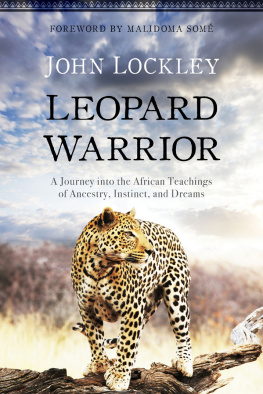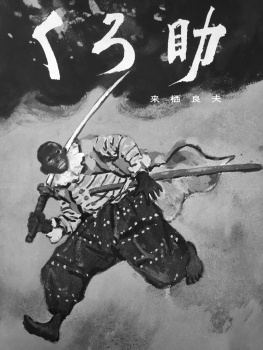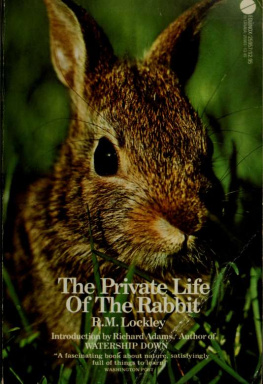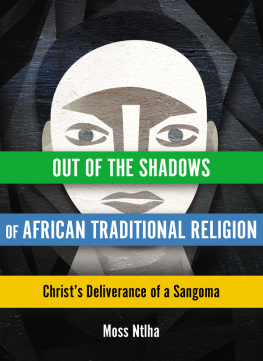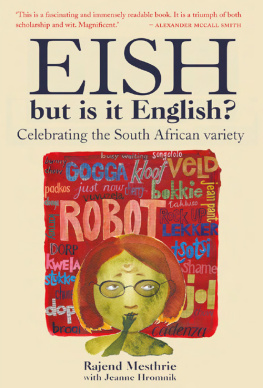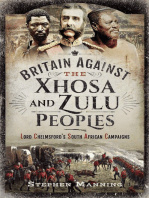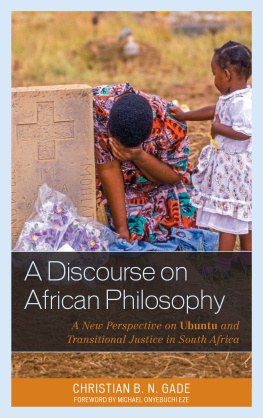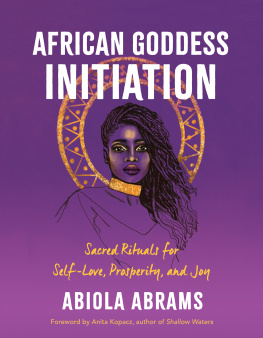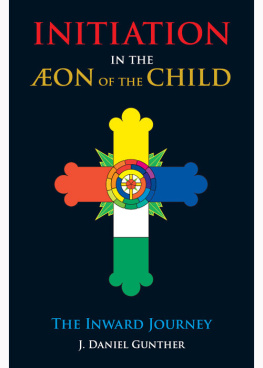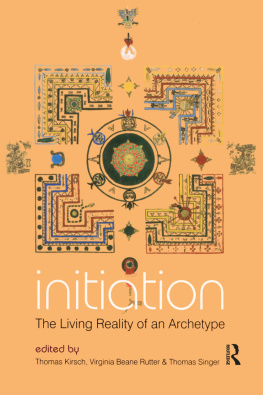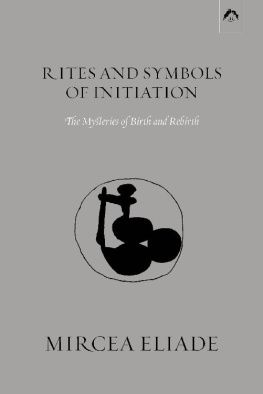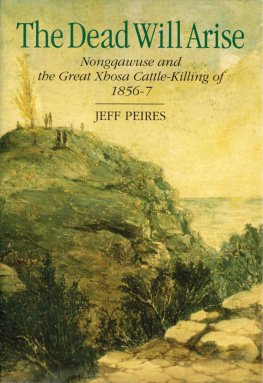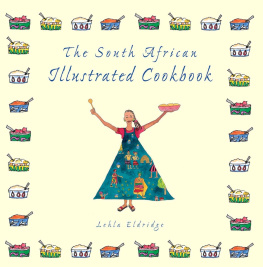About the Author
J ohn Lockley is a traditionally trained Xhosa sangomaknown locally as an igqirha, a traditional healer, or shamanfrom South Africa. He is the founder of The Way of the Leopard teachings which are inspired by his Zen training and sangoma apprenticeship. John is a pioneer in bridging ancient South African healing technologysangoma medicinewith the mainstream, Western medical culture.
John has practiced meditation in the Zen Buddhist tradition for more than twenty-five years. He studied under Zen Master Su Bong in South Korea.
Johns background in general/clinical psychology has been a crucial influence in his path to help heal emotional, psychological, and physical trauma.
In addition to teaching and public speaking, John has a busy private practice as a traditional healer and diviner, offering spiritual counseling to help people connect with their intrinsic humanity (Ubuntu), to achieve their full potential. As a modern mystic, he does this through an intricate exploration of ancestors and family relationships, bone-throwing divination, and dreams.
John continues his work in traditional sangoma communities across South Africa, and runs workshops and retreats worldwide. Leopard Warrior is his first book.
Acknowledgments
I n the spirit of Ubuntu, this book owes its creation to a community of people. I thank my elders for their support and encouragement, including my lovely parents, Yonnie and Peter Lockley; my teacher MaMngwevu; Tat uSukwini; and Tat uBongani. Words cant express my gratitude and thanks to you completely. Tat uBongani has been my advisor, friend, and mentor for many years, helping me bridge the Western world and Xhosa traditional culture with grace and dignity. Enkosi, Tata! (Thank you, father!) My friend Sidney Peter introduced me to MaMngwevu, spent hours teaching me isiXhosa, and helped me navigate the beauty of Xhosa culture. Sadly, Sidney, a proud Xhosa man who greatly loved his people and his family, died a few years ago. This is for you too, Sid, and your family. Masiy embo, amasiko amadala! (Let us remember the old cultural ways!)
I would like to thank all the skilled and wonderful sangomas both in the Eastern Cape and around South Africa. I honor you and your dedication in holding the flame of generations of sangomas before you. Credo Mutwa, thank you for your teachings and eldership. You have inspired me for years and taught me the importance of connecting with the bones. I feel honored to have spent time with you and learned some of the mystical ways of Africa.
I have been blessed with friends in many countries who have hosted me and encouraged me to write this book. Your kindness helped facilitate my teachings. To my friends in the United Kingdom, including Felicity Wright and Richard Pantlin, and Jez Hughes for his words of wisdom around dreams, writing, and the publishing process and for nudging me to get my work published. Also Sally Turner for her support with publicity and helping me get my voice into the world. The vision of this book started as a conversation between us in 2009. Thank you, Sally, for helping make this dream possible for me!
In Ireland a special thank-you to Henry Rowan for his support and guidance. He encapsulates the Irish spirit for me of gentility, wisdom, and great humor. Also my friends Keith Grainger and Miriam Donoghue, Noelle Joyce, Duncan Barrett, Julien Joly, Sandra Nolan, Liam Flaherty, and others. Seamus Cashman, a hearty thank-you for helping me navigate the complicated world of publishing. Liam OMaoli for his input on Irish folk music. The Dancing the Rainbow teachers, Lani OHanlon and Antoinette Spillane: thank you for opening the road of Irish music and mysticism for me. Sadly, Antoinette Spillane died a few years ago, but her love and mentorship will continue to live in my heart.
Thanks to Julie Beet and her husband, Eliot Mitchell, for supporting me in Vermont and helping me to get my voice out in the United States. And a community of organizers and host families including Pati Turner from the Sacred Earth Foundation in Colorado; Carol and Tony Asiaghi for support in New York City; Cindy McGinley in Syracuse, New York; Jan Engels-Smith and her Lightsong community; and Laurrien La Gilman in Portland, Oregon. And a big thank-you to Elenore Snow for driving me through the Colorado mountains and assisting me with my audition at Sounds Trues studios.
Special thanks to my academic friends at my old alma mater, Rhodes University. Professor Julie Wells for her assistance on colonialism in the Eastern Cape. Dr. Penny Bernhard for her friendship, support, and guidance on current sangoma literature and research. Dr. Hleze Kunju for making sure that my isiXhosa writing is acceptable to my fellow isiXhosa speakers. Enkosi, mhlobo wam. (Thank you, my friend). And Craig Foster, for sharing his stories with me about his remarkable experience with Bushmen trackers in the Kalahari desert, Botswana.
My Zen friends, teachers, monks, nuns, and masters, I salute you! Deep bows to all of you! From Onesan, my first Zen teacher, to Zen Master Su Bong, Zen Master Seung Sahn, and Antony and Margie Osler. Antony and Margie, you hold the flame of the Zen dharma in South Africa for methank you for your love and support. Zen Master Su Bongs words and guidance will ring like a Tibetan bowl inside of me for eternity. Thank you, sir! And thank you, Zen Master Seung Sahn, for welcoming me into your army of Zen monks. Although I declined your offer to join you, deciding to become an African monk instead, part of me continues to walk with you. Kamsamida! (Thank you!) Also a special thank-you to Charlotte Jefferay for your friendship and for holding a beautiful meditation space in your home for over twenty years. What a gift you have offered the world!
I would like to acknowledge and thank all those people who touched my life and whose names I changed for privacy. Although your names have been changed, the message and stories you shared with me will continue for as long as my story is read. I hope my words will bring you many blessings.
To all those wonderful souls who have endorsed my work, thank you! A special thanks to Itzhak Beery, Charlie Morley, Sandra Ingerman, Hank Wesselman, Robert Waggoner,
I wish to thank all the soldiers at 1 Military Hospital, Voortrekkerhoogte, South Africa whose courage in the face of adversity set me on my healing journey; and to my uncle, Colonel (retired) Richard Lockley, for teaching me about the dignity of soldiers.
A special mention of thanks to my colleague and friend Malidoma Som, who wrote such an encouraging foreword and suggested I get in touch with Sounds True.
Some of the photographs were taken by skilled journalists who managed to capture the mood and atmosphere of my traditional ceremonies. Special thanks to Dianne Tipping-Woods and Kanina Foss.
A huge thank-you to Seyta Selter, my research assistant, project manager, and friend. And the Sounds True community of mystics, writers, and teachers. I feel honored to be part of your community. And special thanks to Sheridan McCarthy, my editor, who mentored me through the remarkable process of editing this book. Also Jennifer Brown for believing in me and inviting me to perform at Sounds True Studios one clear day in October 2015. Everything flowed from then on.
And to all my clients and students who have shared their stories and hearts with me: this book is for you! Thank you! And finally, to you, the reader. Thank you for taking the time to read this story. I pray that it will inspire you and help to open your road.
Gratitude Speech
I t is customary for a sangoma to thank his elders, ancestors, and community. As this book is a testament to indigenous healing and thus is like a ceremony, it is appropriate for me to end with my nqula, or praise speech. Indigenous healing arts are threatened by Western culture and technology, which is why I think it is vital to honor the wisdom keepers of our human family. My Xhosa elders represent this, and I pray their ways will always be remembered, loved, and appreciated.
Next page
